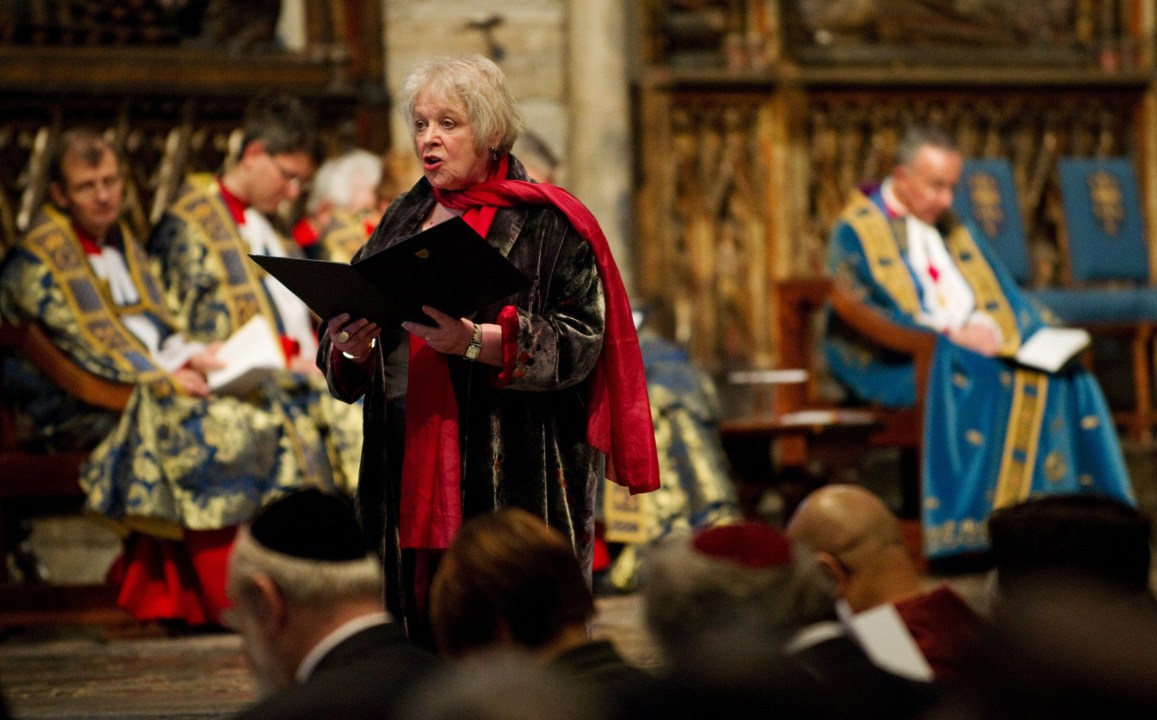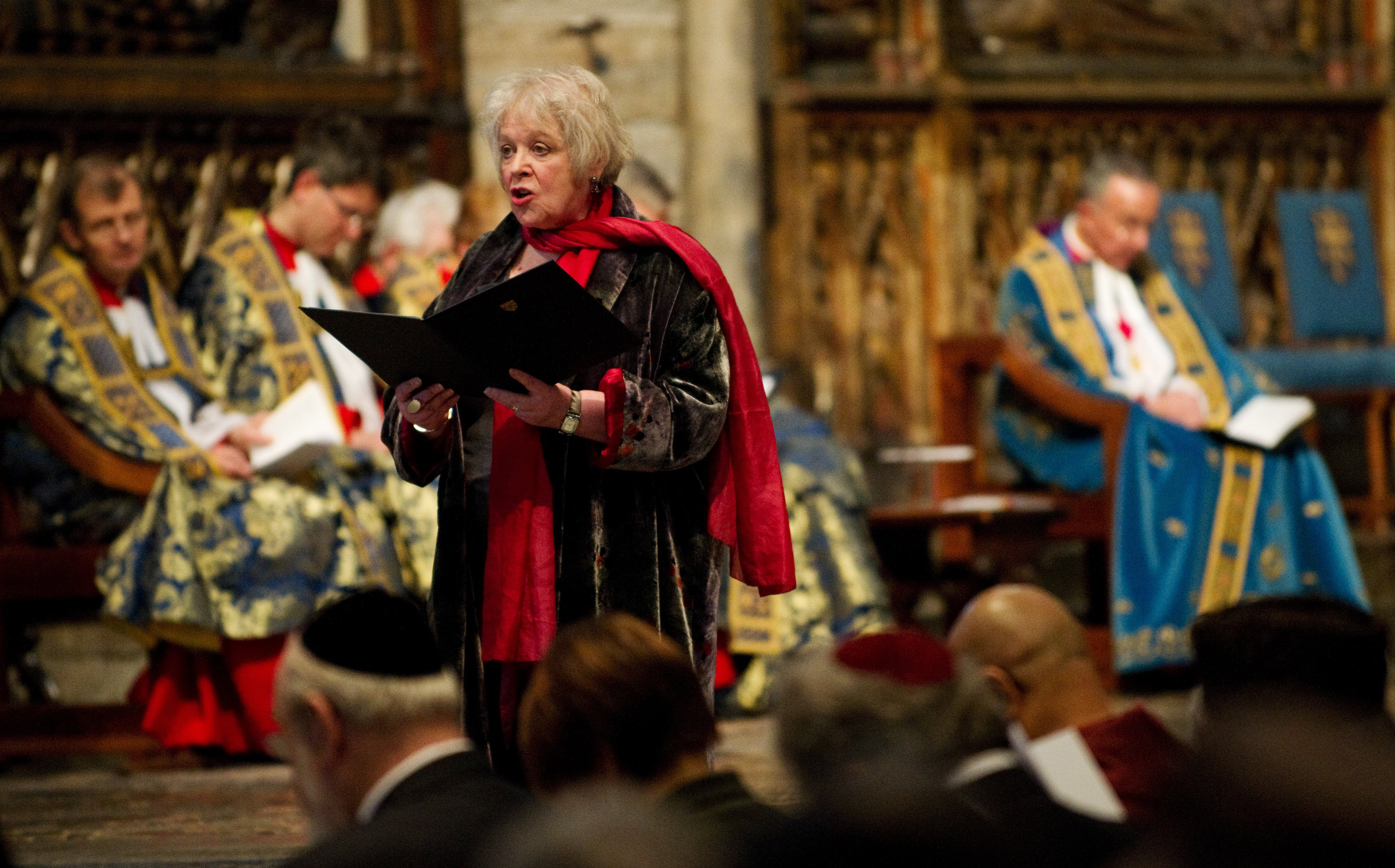Is it acceptable for writers to sport their political allegiances publicly? In more sensible times you’d hardly need to consider the question since its answer would ordinarily be so bleedin’ obvious. These, of course, are neither sensible nor ordinary times.
So it is with the fauxtroversy over whether or not it is acceptable – or, worse, appropriate – for Liz Lochhead to have joined the SNP. This is a real thing, it seems and yet another example of how politics corrupts most things it touches. Lochhead, you see, is not just a poet she is Scotland’s Makar (or poet laureate) and therefore, god help us, it’s all very different. For some reason.
People are easily outraged I guess and if it wasn’t this it would be another thing that prompted so much hand-trembling fretting. Seriously, we have actual politicians from notionally grown-up political parties suggesting there’s something not quite on about this. Columnists, naturally, wade into the fray.
Lochhead’s political leanings were hardly hitherto a secret. She’s been an SNP supporter and voter for many years and this has long been obvious. Formally joining the party – and doing so in public, forsooth! – just completes the process. The journey, if you will.
Besides, does anyone think there’d have been this much fuss if, say, someone in Lochhead’s position were a member of the Labour party at a time when Labour were in government? Of course not.
But – for the love of god – we must now endure the spectacle of folk moaning that the Makar is supposed to represent all Scots and suggesting that her poetry risks being compromised by her becoming a member of the governing party. I must say this seems to insult Ms Lochhead’s intelligence as well as her integrity and, indeed, her poetry. It’s not as though it were previously a role from which the chosen poet was expected to launch a fusillade of heroic couplets decrying government policy. It is, gosh, a largely ceremonial post.
In any case, it would be wise to pause before rushing to apply some kind of political litmus test to this, or indeed any other, role. What is done to your opponents – if such they be classified – can be done to you too. If nothing else will, that should recommend some sense of prudent restraint.
Of course it is true that Yessers and Nats are happy to inject politics into everything. When Alex Salmond opens a Lidl because it’s not an Asda he chumps himself but, more importantly, encourages zoomers everywhere. And these people – cretins, chiefly – require no encouragement.
If everything becomes political life soon becomes exhausting. Worse, we risk making strangers of each other, dividing ourselves into two tribes, one Yes and the other No. We soon reach a state of entrenched polarisation in which where you shop or what you read is, at least in part, determined by how you voted in the great referendum. We share less than we did before and we judge each other more harshly than previously.
Two mutually suspicious tribes, each certain the other is betraying the country, each increasingly convinced of their own righteousness. Every election becomes a fight to take our country back as though it had somehow – and disgracefully – been stolen from us. Which is a nonsense, of course, but there you have it. If the Nationalists are especially guilty of this kind of identity-fuelled politics they are scarcely the only offenders. There is guilt enough for everyone to pause and reflect for a moment.
If you want to see where this ends look to the United States. The division between Red and Blue states is in some senses artificial but there’s enough truth in it to remain relevant. There, increasingly, Republicans and Democrats watch different television stations, eat in different restaurants, share less with one another than was once the case. It makes politics a gruelling business in which everything – but everything – becomes a zero sum game and we lurch from one manufactured outrage to another. What larks.
What matters about Liz Lochhead is whether her work is any good, not the colour of her political allegiances. That was true when she was appointed – by a panel that included former Labour First Ministers – and it remains the only question worth even half a damn now.








Comments